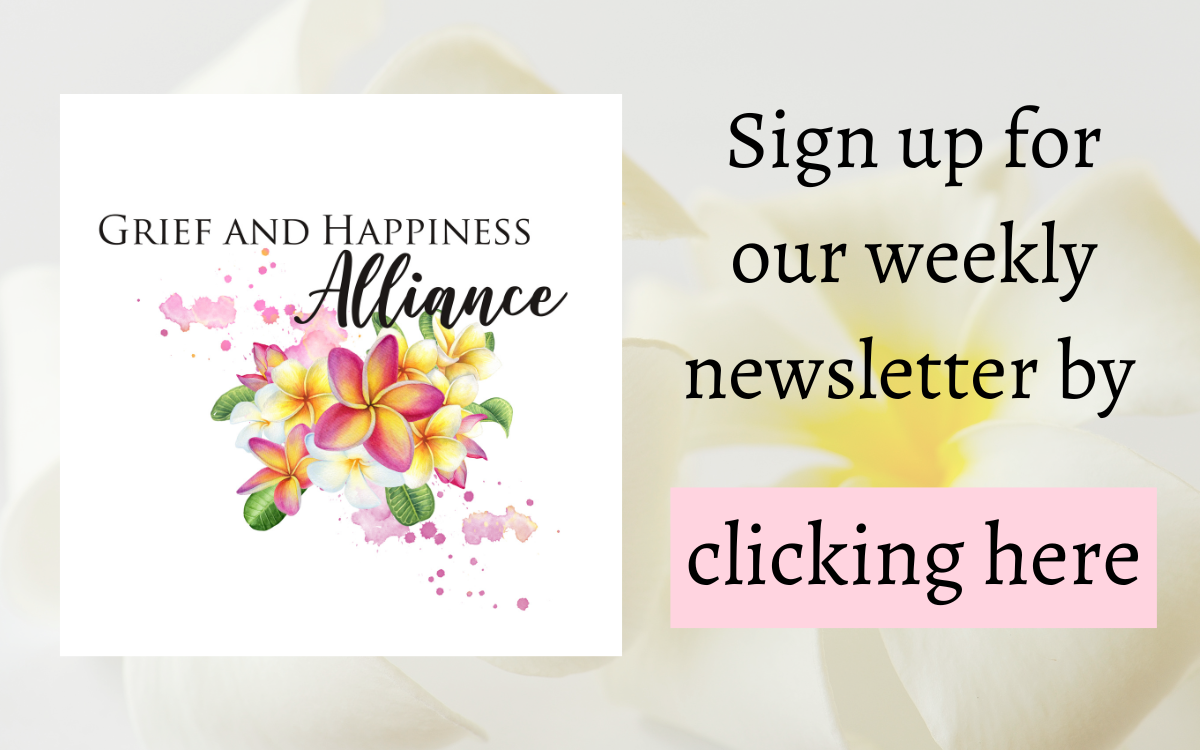
I put myself through college by working as a Licensed Vocational Nurse. People in the medical field are sometimes approached by others for medical advice. I didn’t give medical advice, but I did help people when I could. One day, a friend of a friend called me and said that her mother was staying at her home while she was on Hospice. She said that her regular visiting nurse couldn’t come in that day and that her mother needed to be bathed and to give her medications, and she asked me if I could help. So, I did.
When I arrived, the mother’s family was gathered around her, though she was no longer speaking. I suggested that for her privacy that they could wait in the other room while she got her bath. I gave her a bed bath, which was a beautiful experience as she was so peaceful. During the bath, I sensed she was transitioning. I took her pulse, which was very slow and irregular, and her breathing had slowed way down.
By the end of her bath, her heart had stopped. I put on the powder that she loved and dressed her in a fresh nightgown. She looked comfortable. I told her family that her breathing and heart had stopped and that she was no longer in pain. They gathered around her, and I quietly slipped away. On my drive home, I realized she had a good death.
What would you consider a good death? For your loved ones? For you? Although my mother dealt with the effects of a brain tumor for a couple of years, she died in her bed with me by her side, giving her permission to go. My dad died a good death in that he had a heart attack and didn’t have to struggle with pain or a long hospitalization. My husband Ron died a good death as the last week of his life he was on hospice, and he got to say goodbye to his friends and family who had traveled to Maui to be with him. And he face-timed with those who couldn’t make the trip to Maui. My mother-in-law died a good death in the hospital where she wanted to be. I was by her side giving her permission to go, and she got to avoid having surgery she didn’t want for a bowel obstruction.
The experience that I had with my mother and mother-in-law of giving them permission to let go is often done. When people realize that death is near, they may fear death, or they may not want to cause pain to their loved ones by having them present to witness the death. I have given the same message to others, and they all seemed to relax as they died. For these people, their death was good.
The key to having a good death is to speak openly about the inevitability of death with your loved ones. Think about what is important to you and to your loved ones not only for your death but also theirs. Here are some ideas for what to talk about:
- You may want all lifesaving procedures to be done if your heart stops. Or you may not want this.
- You may want to die with dignity. Define what that means to you.
- You may want to have a feeding tube to bring you nutrition if you can no longer swallow. Or you may not want a feeding tube ever.
- You may have religious or spiritual considerations you want followed.
- You may want your quality of life considered when decisions are being made regarding life savings measures.
- You may not choose to obey a doctor’s orders, and you have a right to make that decision.
Now is the time for you to have these conversations and to examine how you feel about all of this.
My definition of a good death is one where my wishes for me are followed and where I am pain free. What is your definition of a good death?
You can join the Grief and Happiness Alliance, which meets weekly on Sundays by clicking here
You can order the International Best Selling The Grief and Happiness Handbook by clicking here.
You can order Loving and Living Your Way Through Grief by clicking here at Amazon:
You can listen to my podcast, Grief and Happiness, by clicking here
